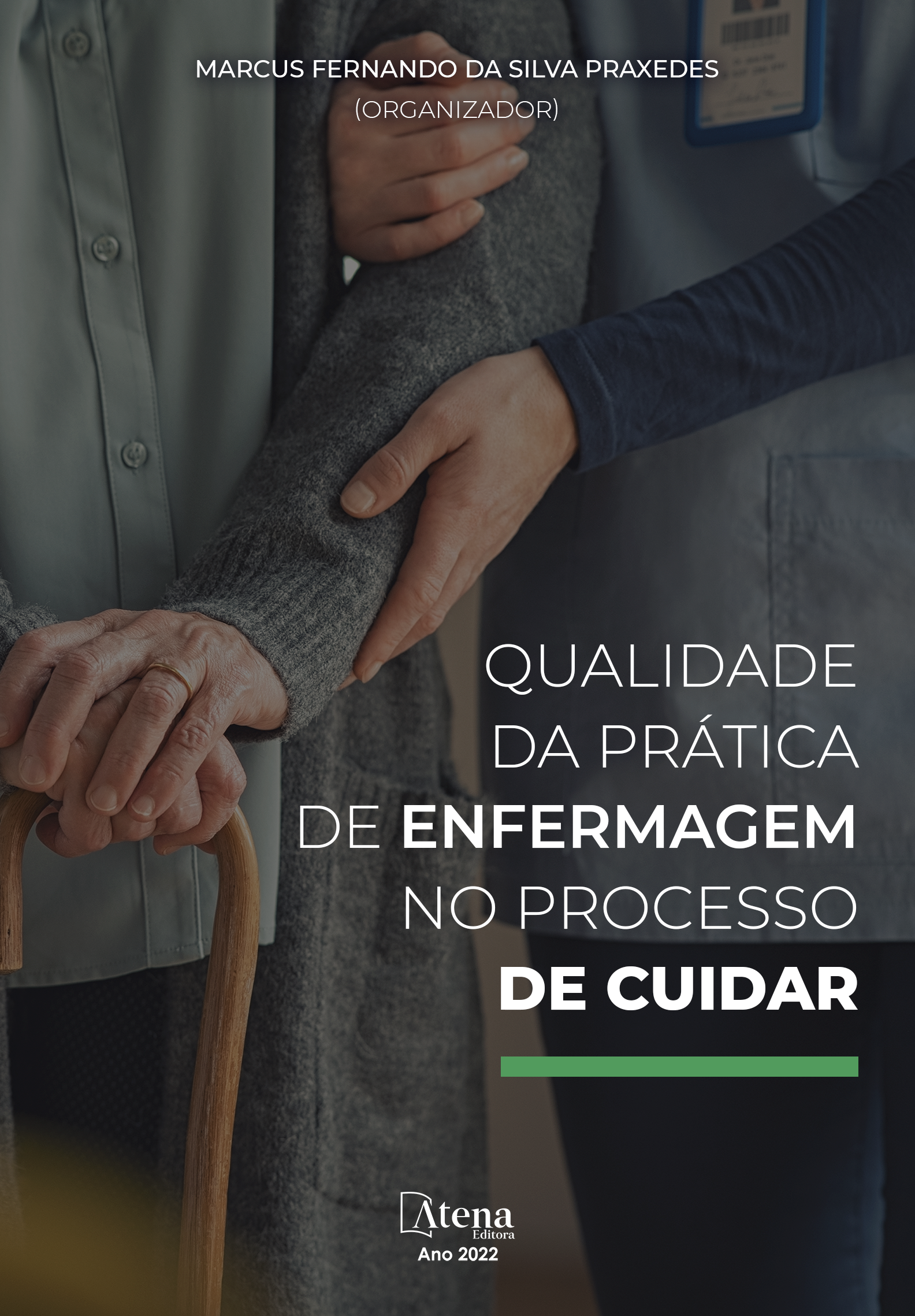
Construção de um Programa de Intervenção de Enfermagem para a Autogestão do Regime Dietético da Pessoa Submetida a Cirurgia por Cancro Gástrico
Introdução: O cancro gástrico assume, em termos de incidência mundial, a quinta posição, constituindo em Portugal, a terceira causa de morte. A cirurgia constitui o tratamento de eleição, sendo o único tratamento potencialmente curativo. A mais habitual é a gastrectomia, sendo que, pela importância das funções mecânicas e químicas do estômago, são esperadas alterações nutricionais, tornando-se crucial que os doentes sejam capazes de autogerir o seu regime dietético.
Objetivo: Desenvolver um programa de intervenção de enfermagem promotor da autogestão do regime dietético da pessoa submetida a cirurgia por cancro gástrico.
Metodologia: Esta investigação, após uma fase preliminar na qual foram efetuadas uma revisão sistemática e uma revisão integrativa da literatura, foi constituída por quatro fases. Na fase I, reuniu-se o consenso sobre as intervenções de enfermagem que emergiram das revisões, através da técnica de Delphi. Na fase II, adequou-se a linguagem atribuída às intervenções à nomenclatura da Classificação Internacional para a Prática de Enfermagem (CIPE), recorrendo à técnica do focus group. Já na fase III, organizou-se o programa de intervenção, segundo a metodologia do processo de enfermagem e na fase IV, efetuou-se um pré-teste.
Resultados: As revisões de literatura permitiram elencar 53 intervenções. Estas, após obtido o consenso, deram origem a 56 intervenções, que foram adequadas à linguagem da CIPE. O programa resultante, Pro-ARD, contempla a avaliação inicial/diagnóstica e juízo diagnóstico (parte I); a intervenção (parte II); a avaliação final/diagnóstica e juízo diagnóstico (parte III), sendo alicerçado no diagnóstico “Potencialidade para a autogestão do regime dietético”.
Conclusões: Através das diferentes fases que constituíram esta investigação, foi possível alcançar o objetivo deste estudo, contribuindo para a otimização da intervenção de enfermagem na promoção da autogestão do regime dietético da pessoa submetida a cirurgia por cancro gástrico e, dotando a disciplina de enfermagem de uma ferramenta potencialmente promotora desta mesma autogestão.
Construção de um Programa de Intervenção de Enfermagem para a Autogestão do Regime Dietético da Pessoa Submetida a Cirurgia por Cancro Gástrico
-
DOI: 10.22533/at.ed.42122200416
-
Palavras-chave: Programa de intervenção; enfermagem, autogestão, regime dietético, cancro gástrico, cirurgia
-
Keywords: Intervention program; nursing, self-management, dietary regimen, gastric cancer, surgery.
-
Abstract:
Introduction: Gastric cancer occupies the fifth position in terms of worldwide incidence, being the third leading death cause in Portugal. Surgery is the most chosen treatment, being the only potentially curative treatment. Gastrectomy is the most common one, due to the importance of the stomach mechanical functions and properties, nutritional changes are expected, making it crucial that patients can be able to self-manage their diet.
Main goal: To develop a nursing intervention program that promotes self-management of the dietary regime of the person undergoing surgery for gastric cancer.
Methodology: This investigation, after a preliminary phase in which a systematic review and an integrative literature review were carried out, consisted of four phases. In the first phase, consensus was reached on the nursing interventions that emerged from the reviews carried out, using the delphi technique. In the second phase, the language attributed to nursing interventions was adapted to the International Classification for Nursing Practice (ICNP/CIPE) nomenclature, using the focus group technique. In the third phase, the nursing intervention program was organized according to the nursing program methodology and
in the fourth phase, a pre-test was carried out.
Results: Literature reviews made it possible to list 53 interventions. These, after reaching consensus, gave rise to 56 interventions, which were adapted to the language of ICNP/CIPE. The resulting program, Pro-ARD, includes initial assessment/diagnostic and diagnostic judgment (part I); the intervention (part II); the final evaluation/diagnosis and diagnostic judgment (part III), based on the diagnosis “Potentiality for self-management of the dietary regimen”.
Conclusions: Through the different phases that constituted this investigation, it was possible to achieve the objective of this study, contributing to the optimization of the nursing intervention in promoting self-management of the dietary regimen of the person undergoing surgery for gastric cancer and, providing the nursing discipline with a tool that potentially promotes this same self-management
-
Número de páginas: 15
- Célia Samarina Vilaça de Brito Santos
- Maria Merícia Gouveia Rodrigues Bettencourt de Jesus
- Noélia Cristina Rodrigues Pimenta Gomes


